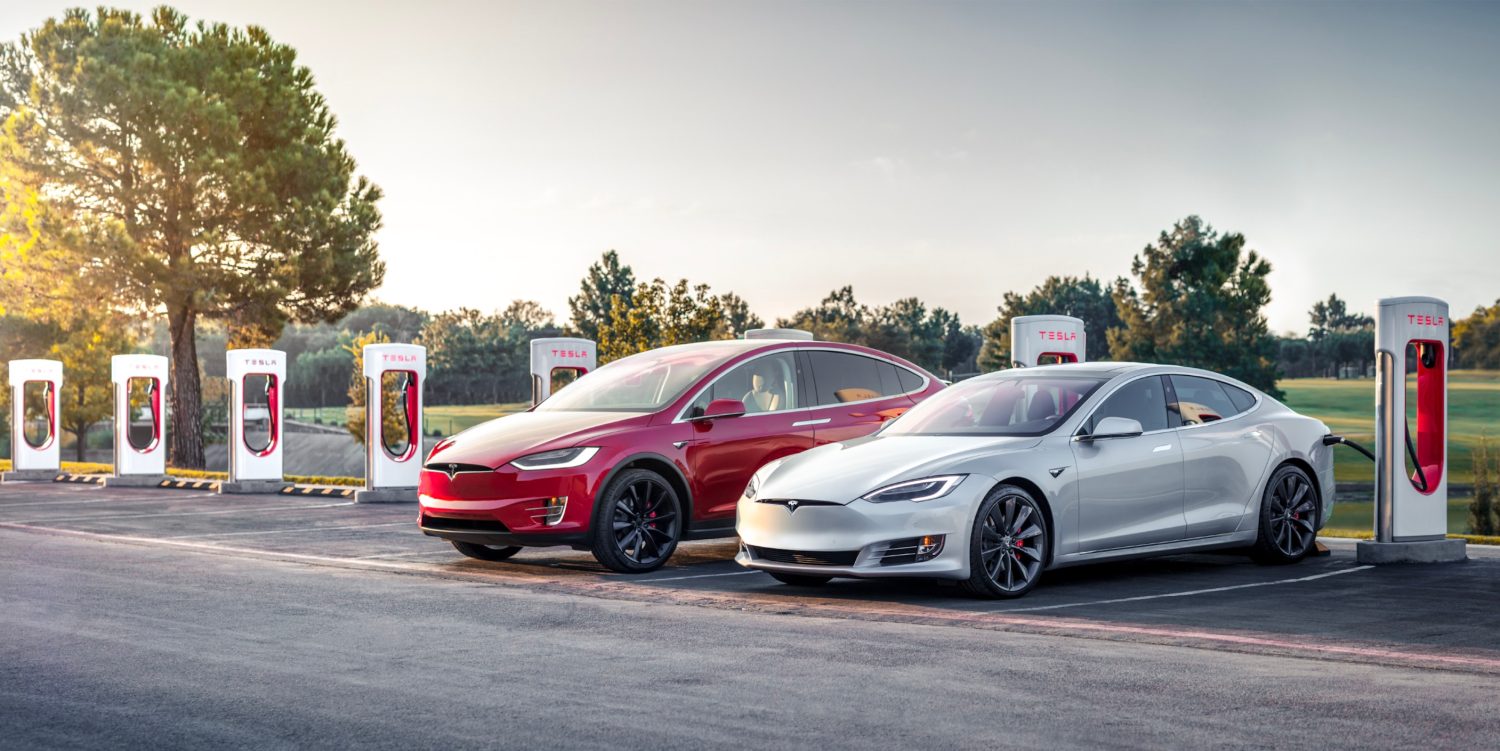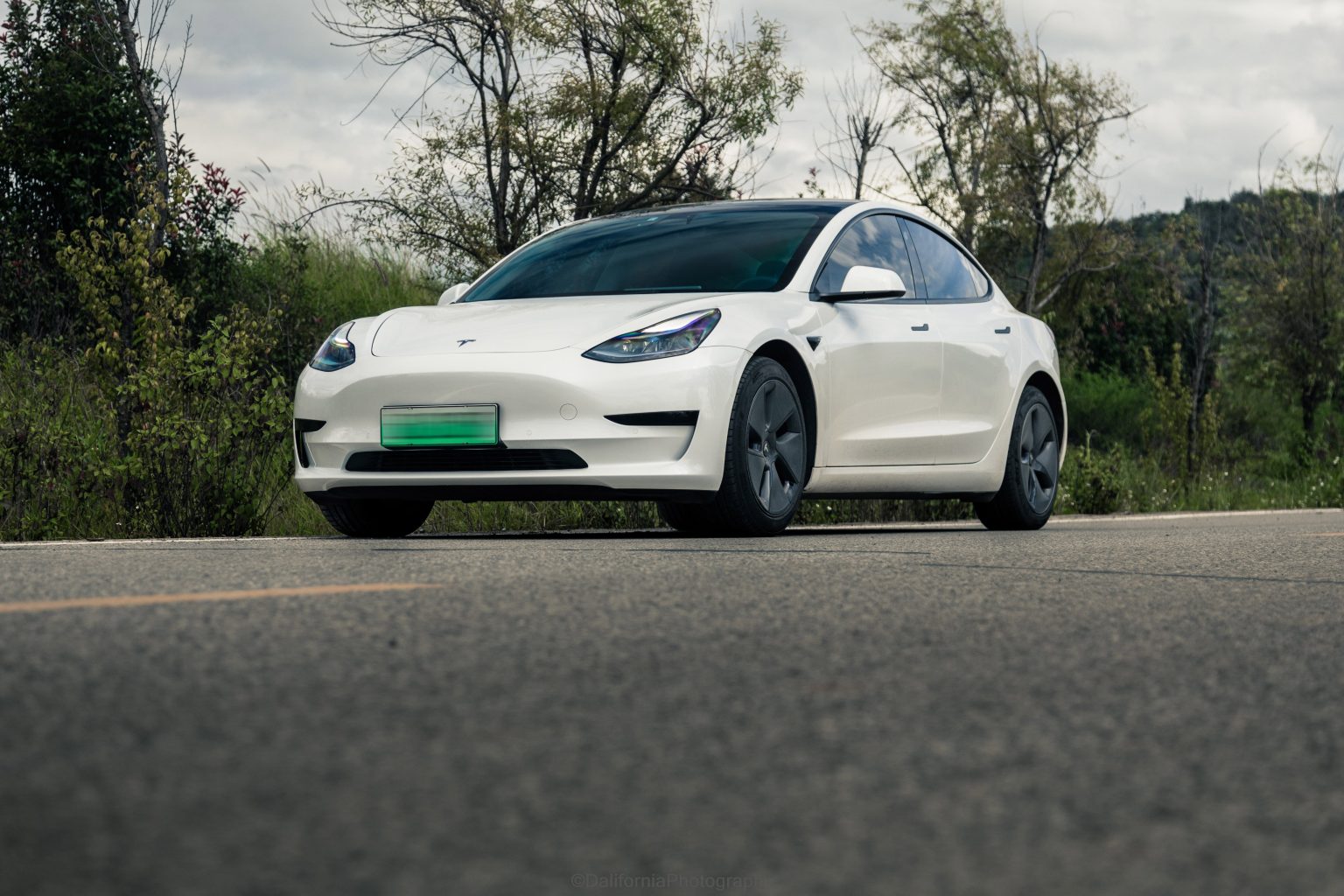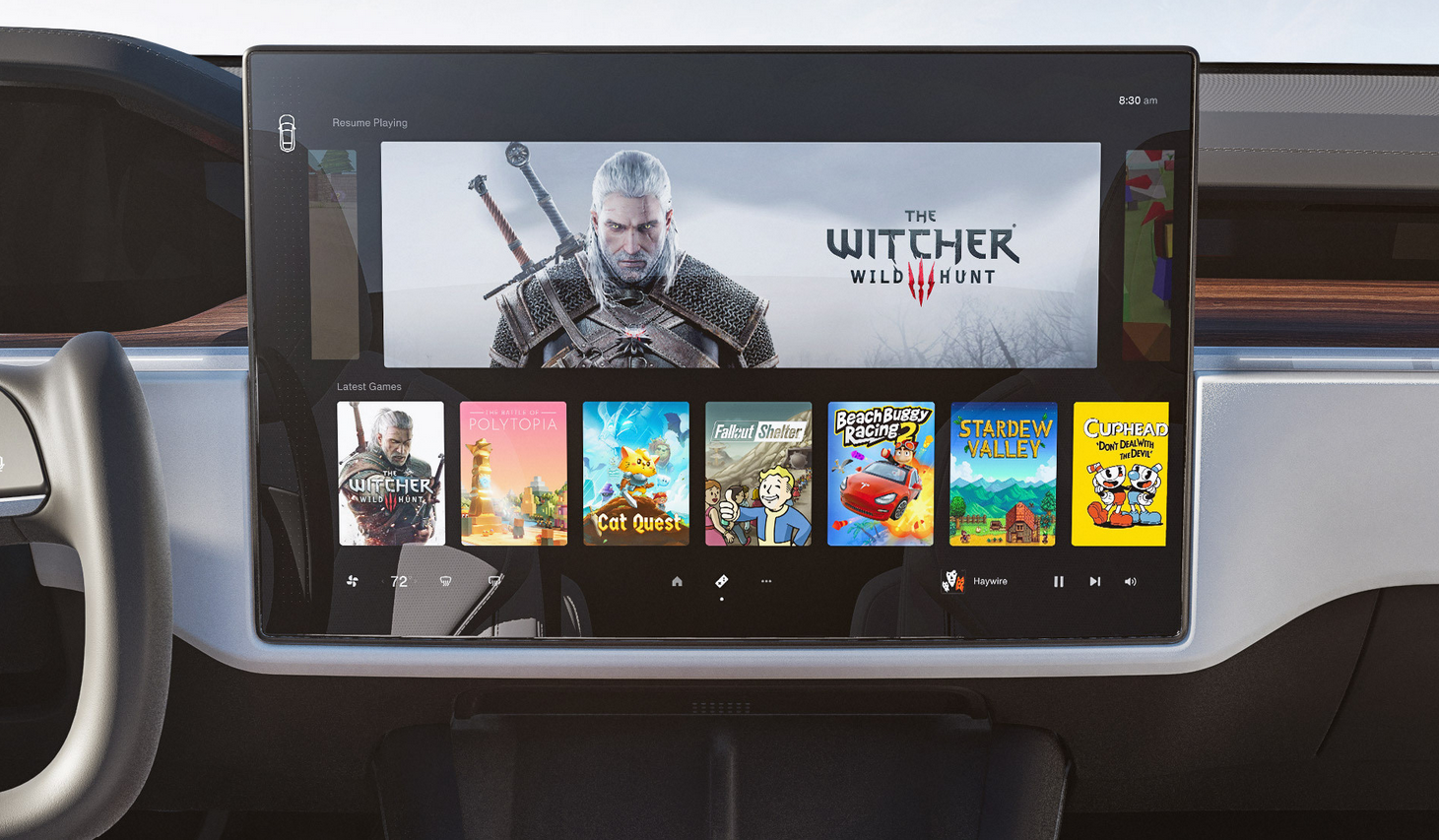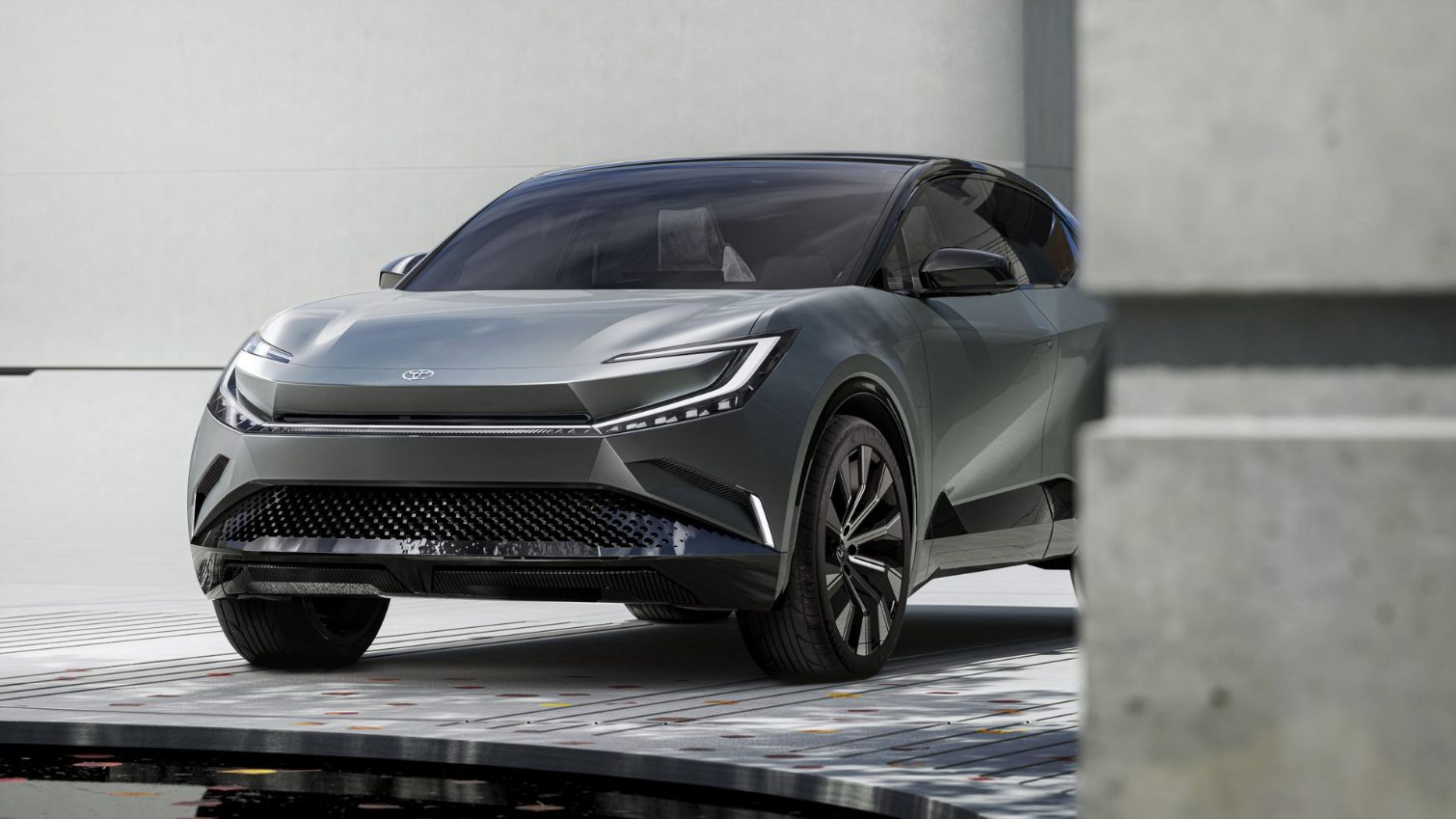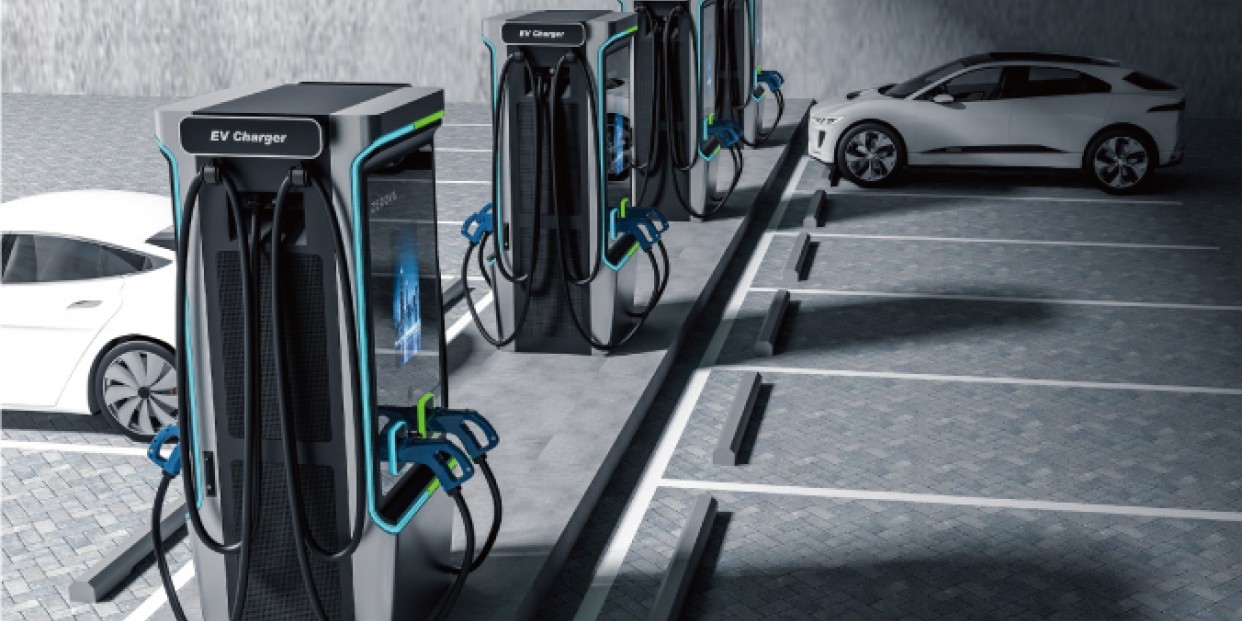Tesla has recently introduced a new safety measure concerning the state-of-charge of its vehicles upon delivery. In adherence to an undisclosed industry policy, Tesla now ships some of its electric cars with a maximum charge level of 50%. This decision, believed to be in response to stricter regulations enforced after the Felicity Ace cargo ship fire, ensures safety during transportation. To compensate affected buyers, Tesla is providing them with 150 kilometers of free Supercharging credits. Although this change primarily affects vehicles transported by sea, it carries significant implications for Tesla’s expanding shipping operations from Gigafactory Shanghai in China.
Tesla has long strived to deliver its electric cars with sufficient charge to provide customers with immediate enjoyment. However, due to the complex logistics involved, particularly during end-of-quarter delivery pushes, maintaining high charge levels has often proven challenging. In an effort to prioritize safety and comply with the new industry policy, Tesla now informs buyers that their vehicles may have a state-of-charge lower than the company’s usual standard at the time of delivery.
Despite an exhaustive search, an official announcement regarding the industry policy referenced by Tesla remains elusive. Nevertheless, it has been observed that many shipping companies now require electric cars to have a state-of-charge ranging from 20% to 50% in order to be transported on their vessels. This heightened stringency is believed to stem from the aftermath of the Felicity Ace cargo ship fire, where the exact cause remains unknown. As a precautionary measure, Tesla has taken proactive steps to comply with the policy and enhance overall safety.
Recognizing the inconvenience caused to buyers as a result of this adjusted charging policy, Tesla is offering affected customers 150 kilometers of free Supercharging credits. These credits can be redeemed within a few days after delivery through the Loot Box feature in the Tesla app. By providing this compensation, Tesla seeks to demonstrate its commitment to customer satisfaction and mitigate any potential inconvenience caused by the modified charging levels.
Impact on Sea-bound Deliveries: It is important to note that the revised state-of-charge policy primarily affects buyers receiving vehicles transported by sea, which has become increasingly common due to Tesla’s significant shipment volumes from Gigafactory Shanghai. The rising demand for Tesla vehicles, particularly in international markets, necessitates extensive shipping operations. With a greater number of vehicles making transoceanic journeys, adhering to the safety regulations prescribed by the industry policy becomes paramount.

